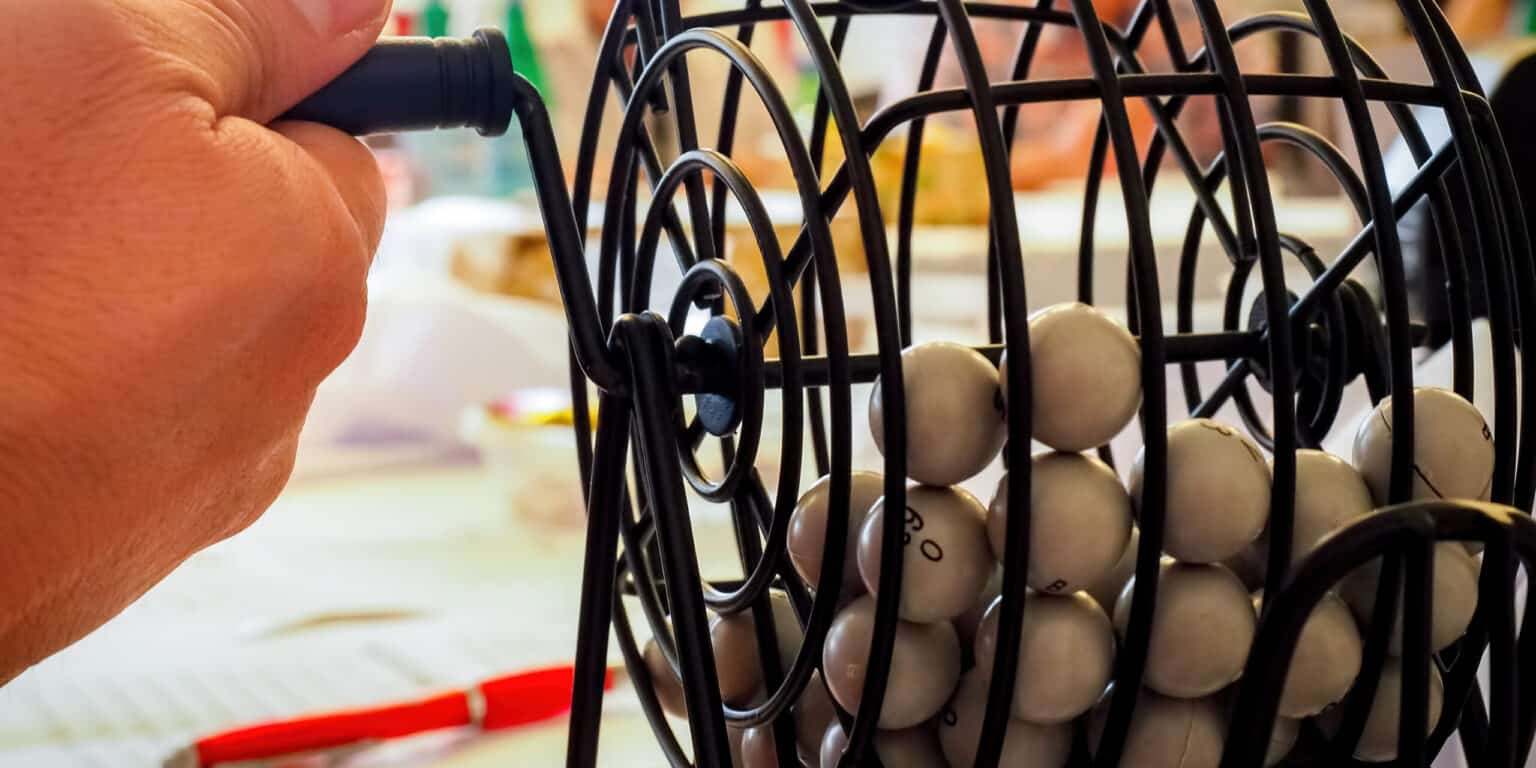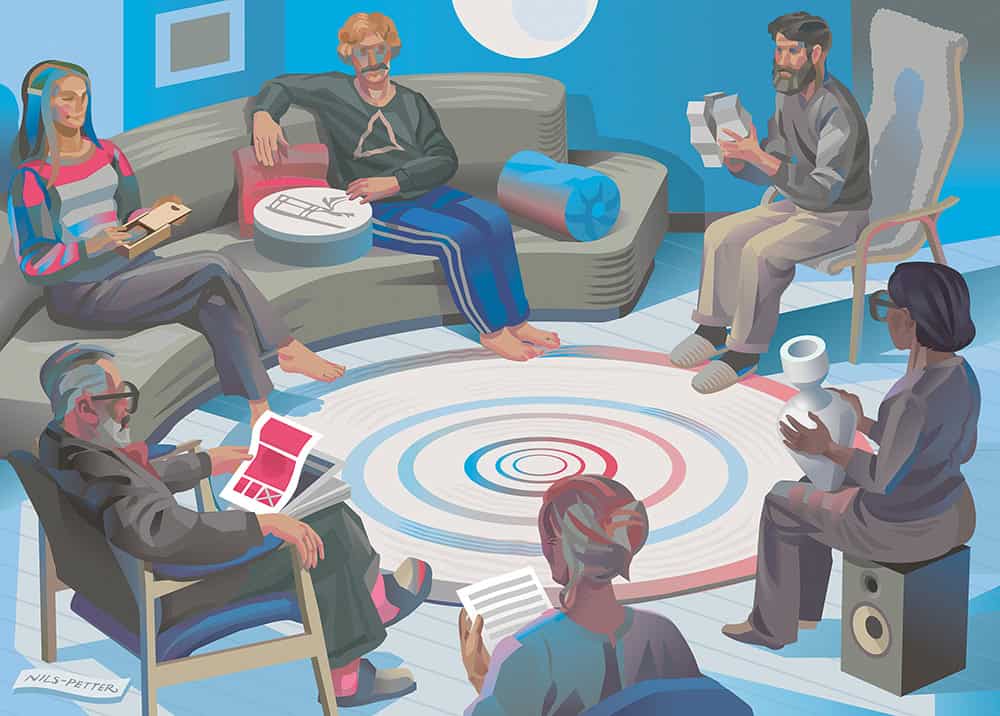In Germany and New Zealand, lotteries have been used to decide who will receive research grants. At the same time, the peer review procedure has been abolished to varying extents. Countries such as Denmark and Canada are also discussing trialling similar systems.
Viable option
In an article published in the journal Science, Technology, & Human Values in 2019, Lambros Roumbanis, Associate Professor of Sociology at SCORE, the Stockholm Centre for Organisational Research, advocates using a lottery system to allocate funding as a viable alternative to peer review.
“For researchers, it has been a standing joke that ‘you might as well draw lots’ for grants,” he says. “I started looking into this four years ago, and at the time probably relatively few people thought it was a good idea. Since then, more contributions have trickled into the debate, and in 2022 the idea has picked up speed again.”

Among the arguments Lambros Roumbanis, who has himself researched the peer review system, believes support the lottery principle are the increased chance of diversity and a fairer distribution process.
Fairer
Research from countries such as the UK and Germany also shows that using a lottery system can make the allocation of research funds more cost-effective and time-efficient, while the process becomes fairer and more impartial.
“Peer review takes an extremely large amount of time from everyone involved,” Roumbanis continues, “and it costs a lot of money. From a climate perspective, one can also see that when people from the USA or New Zealand travel to little Sweden to distribute a small pot to perhaps ten per cent of those who have applied, it’s very inefficient.”
In recent years, the Riksbanken Jubileumsfond (RJ), which finances research in the humanities and social sciences, has discussed internally whether a lottery system for allocating research grants should be tested.
“We have concluded that we don’t think so,” says Chief Executive Marika Hedin.

Uses a lot of resources
She explains that RJ uses a lot of resources when forming the review groups that will assess the ”intermediate group”, i.e. the research proposals for which no quick agreement can be reached on whether they should be funded or not.
“Our experience tells us that if you do this properly and take the time to have a peer review discussion about each application in the true sense of the word, you will find consensus after a while anyway.
RJ tries to avoid situations where disagreements lead to voting or giving numbers in order to obtain average values for the applications, says Hedin. “We want researcher-led discussion about what constitutes scientific quality to be what determines the allocation of our grants.”
More money an option
In the rare cases where the process has resulted in a couple of completely equally attractive proposals, RJ has chosen to add more money rather than consider making a random decision by lottery.
“It’s unusual. It’s happened perhaps a couple of times in the three years that I’ve been at the foundation,” says Hedin.
Other research financiers that Universitetsläraren has spoken to believe that a system based on lotteries for research grants could be difficult to implement in practice. Olle Lundberg, Secretary General of Forte, has not encountered much discussion about a lottery system in Sweden, and he doesn’t believe in such a system either, he told Universitetsläraren.
“Fundamentally, it’s good that there are discussions about the shortcomings that exist within the systems we have and how they can be developed.”
Peer review no guarantee
He does not want to praise the system of peer review unreservedly as such, but neither does he think that it deserves harsh criticism.
“Peer review is the core of the scientific process. You do something, think something and discuss it with different colleagues in different ways. Then you rework, improve your arguments and discuss it again.

The system in itself does not guarantee that something will be good, but it functions as an engine in the academic system, which means that it is reasonable that it is used to review applications, Lundberg believes.
Efficiency desirable
It is inevitable that a lot of time and money is spent on allocating research grants, even if – according to Lundberg – a more efficient process would be desirable. “But I don’t think a lottery system solves those problems.”
The time spent and the cost of writing applications and weeding out irrelevant, inappropriate or poor applications would be the same even with the proposed for a lottery system, Olle Lundberg believes.
“If you ended up with a number of identical applications, you could draw lots. The problem is that research applications are not identical.”



















